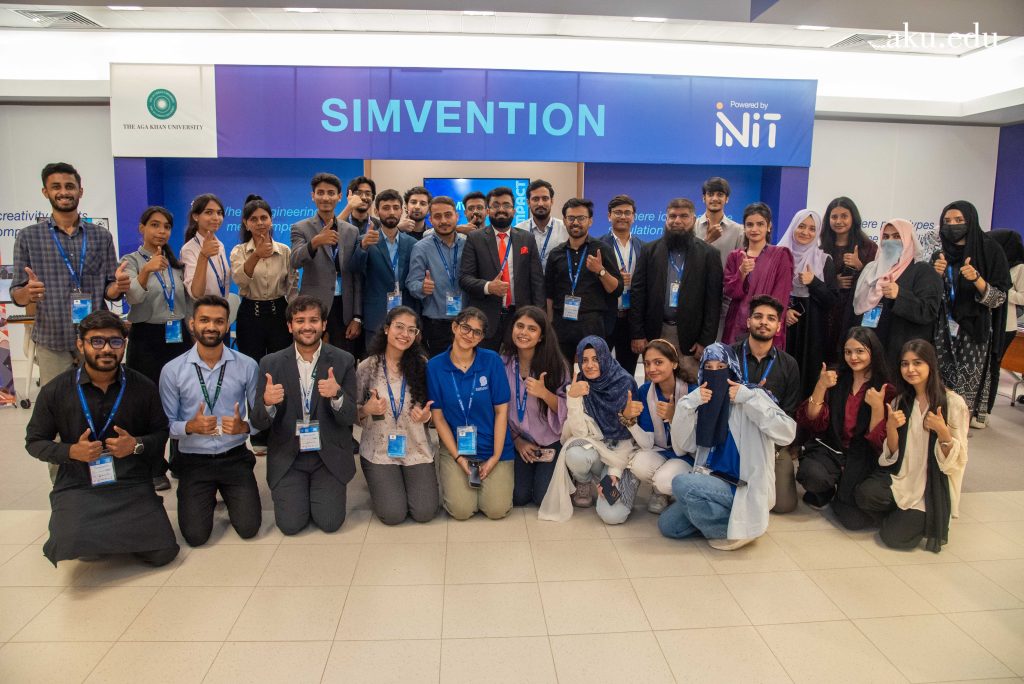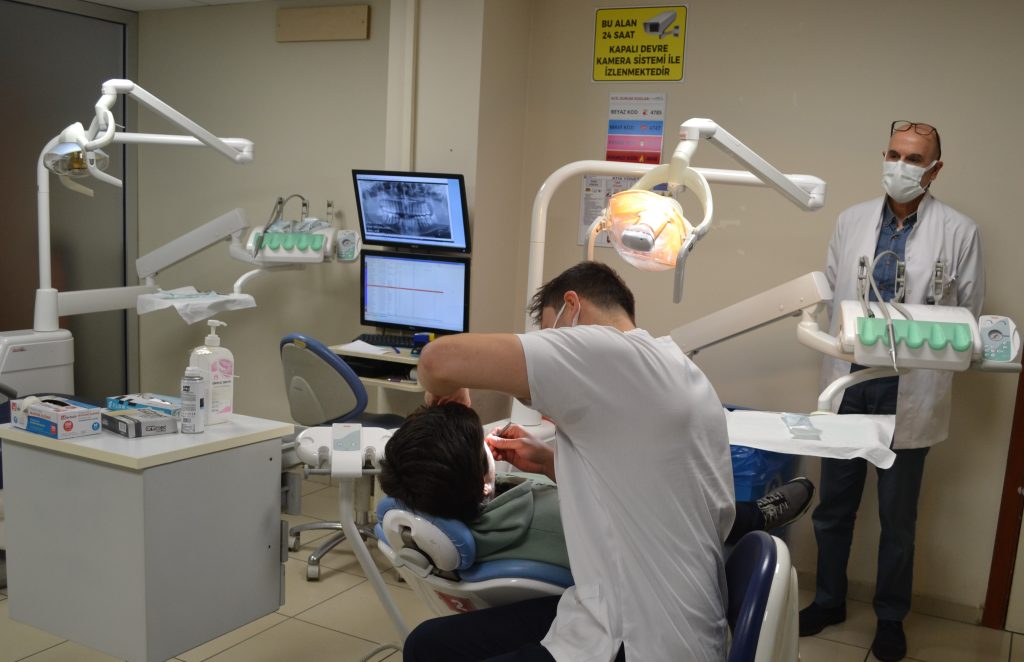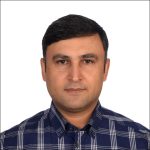SIMPACT 2025, organized by Aga Khan University, connected Karachi and Nairobi in a hybrid event dedicated to sustainability in healthcare simulation. With international keynotes, workshops, research, and the innovative SIMVENTION showcase, the conference brought together experts, students, and industry to strengthen medical education and promote lasting solutions for Asia and Africa.
Karachi, Pakistan / Nairobi, Kenya — September 20, 2025
The Aga Khan University’s Centre for Innovation in Medical Education (AKU-CIME) recently concluded SIMPACT 2025, a healthcare simulation conference held simultaneously in Karachi and Nairobi, on September 19 and 20, 2025. The hybrid event created a powerful platform for real-time knowledge exchange and innovation between Pakistan and East Africa.
As the largest simulation centres in their respective regions, AKU’s CIME facilities are at the forefront of transforming health care education through simulation. This year’s theme, “Sustainability in Simulation,” addressed critical financial, operational, and environmental challenges essential for long-term impact in healthcare training. The conference drew strong participation across two continents, with 43 capacity-building workshops for healthcare professionals; over 300 research abstracts submitted and 100 oral and poster presentations delivered, showcasing the vibrant academic and research landscape.
«Simulation is not just a teaching method, it is an investment in the future of healthcare», said Dr Faisal Ismail, Director, CIME Karachi. «With Karachi and Nairobi connected, SIMPACT provides a truly global platform where experts, students, and industry leaders come together to ensure our innovations are both impactful and sustainable».


A key highlight of the conference was the inaugural SIMVENTION showcase, which featured 16 student-led innovation projects in healthcare simulation. This initiative effectively helped bridge the gap between academia and industry by providing a platform to engineering, IT, and healthcare students to display their projects. The event also included an industry exhibition with more than 15 leading partners, including Gaumard, Laerdal, and 3B Scientific, who showcased next-generation simulators and digital solutions used globally.
«Starting the conversation on sustainability in simulation is vital, especially in low- and middle-income countries where resources are often constrained», said Dr Michael Moneypenny, Director, CIME East Africa, «these discussions allow us to confront challenges openly and explore creative, practical solutions that make simulation education more accessible and enduring».



The programme featured keynote talks, guest speaker sessions, and panel discussions focusing on simulation’s role in advancing healthcare education and its alignment with the United Nations’ Sustainable Development Goals (SDGs).

«This gathering is more than a meeting of minds: it’s a commitment to action», said Dr Tania Bubela, Provost of The Aga Khan University. «Let’s challenge assumptions, share practical tools and ensure simulation is effective, resilient and aligned with the global imperative of sustainability».
Keynote speaker, Professor Sharon Weldon, President-Elect of the Association for Simulated Practice in Healthcare (ASPiH), emphasised a broader perspective on the conference’s theme. «Sustainability in simulation is about more than reducing our footprint», she said, «it is about harnessing simulation as a catalyst to reimagine healthcare itself, opening up the clinical world, engaging diverse voices, and designing systems that are socially, economically, and environmentally sustainable for the future».

With its unique two-city hybrid format, record-breaking participation, and strong collaboration between academia and industry, SIMPACT 2025 reaffirmed its role as the premier platform for advancing sustainable, simulation-based health care education across Asia and Africa.
READ ALSO











































